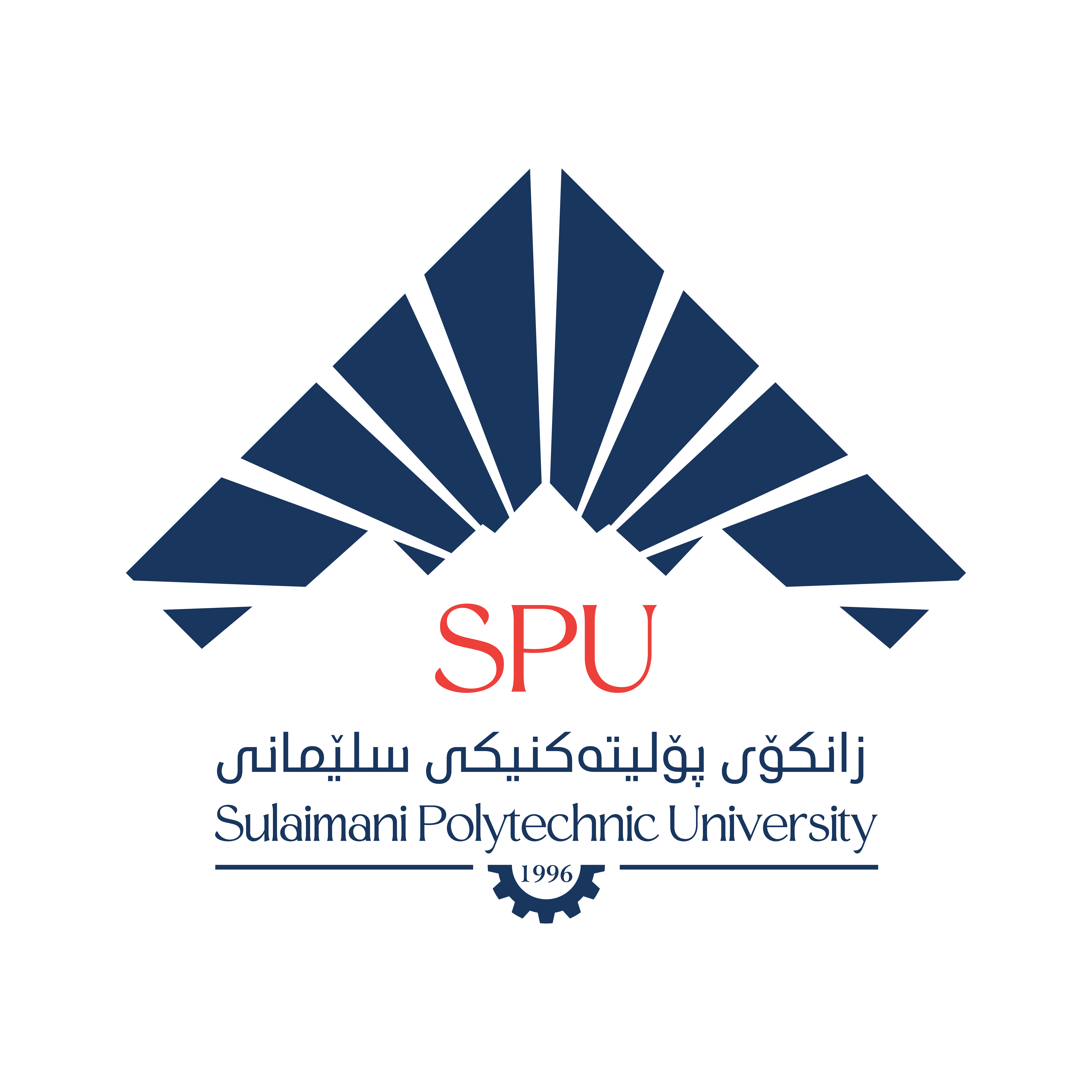Sulaimani Polytechnic University is a university of the Ministry of Higher Education and Scientific Research – Kurdistan region (MHE-KRG) organization and follow the Anti bribery policy procedure from the Ministry itself. The university pledged to run its operations with honesty, openness, and moral principles. This policy is applicable to all on-campus university-related events. All members of staff must adhere strictly to the KRG legislation in connection with corruption and bribery and follow the procedures designed by the (MHE-KRG) to prevent bribery.
1. Policy Statement:
Any type of bribery or corruption, whether direct or indirect, is forbidden by Sulaimani Polytechnic University. This includes any employee, student, acts of agency or temporary staff, unpaid staff members, volunteers, contractors, and any parties acting on behalf of the university. The institution is dedicated to upholding all relevant anti-bribery and corruption laws and regulations in order to foster a culture of honesty, equity, and accountability.
2. Purpose and Responsibility:
The top management team of the institution bears the responsibility of fostering and instituting a robust anti-bribery and corruption culture. They will guarantee the successful execution of the policy by offering direction, support, and supervision. It is the responsibility of all parties involved, including employee, students, and contractors, to abide by this policy. They are required to read through its contents, notify any alleged infractions, and actively assist in the fight against corruption and bribery.
3. Prohibited Activities:
None of the Staff, students from SPU may promise, offer, provide, request, or receive any kind of bribe or improper advantage, whether monetary or not, in return for improper influence or to obtain an unfair advantage.
are little fees paid to speed up standard administrative procedures. Any person connected to the institution should not make or receive such payments as they are strictly forbidden.
It is strictly forbidden to give or receive bribes, commissions, or unlawful gifts in order to sway judgements or obtain an unfair advantage.
Any real or possible conflicts of interest that would jeopardies an employee’s objectivity, honesty, or professional judgement must be disclosed by all workers, students, and contractors.
4. Due Diligence:
Sulaimani Polytechnic University takes reasonable precautions while interacting with other parties, including suppliers, business partners, contractors, and agents. This entails carrying out background investigations, risk assessments, and making sure third parties follow anti-corruption and bribery laws.
5. Reporting:
The University urges all employees to disclose any concerns they may have regarding corruption and to ensure that any questionable activity is brought to the attention of authorities. It is crucial that employees report any suspicions they have about corrupt behaviour by others (such as coworkers, students, volunteers, suppliers, or consultants) or if they receive a bribe from someone else right away to their line manager or the head of the college, institutes and department. These individuals should then report the issue to the university secretary for professional advice and direction.
6. Record-keeping
All allegations of bribery and corruption are promptly and impartially investigated by Sulaimani Polytechnic University. If misconduct is proven, the proper disciplinary measures will be implemented, which can involve firing the employee, filing a lawsuit, and assisting the police.
7. Training and acknowledging Awareness:
Employees, students, and other pertinent stakeholders are regularly educated by the university through training and awareness programs about the dangers of bribery and corruption, the demands of this policy, and their personal roles in upholding an atmosphere free from corruption. On a regular basis, the relevant staff members will be trained on how to apply and follow this policy.
Reviewing:
Sulaimani Polytechnic University annually ensures that this policy is still relevant and in line with changing legal and regulatory requirements by reviewing and assessing its efficacy.
